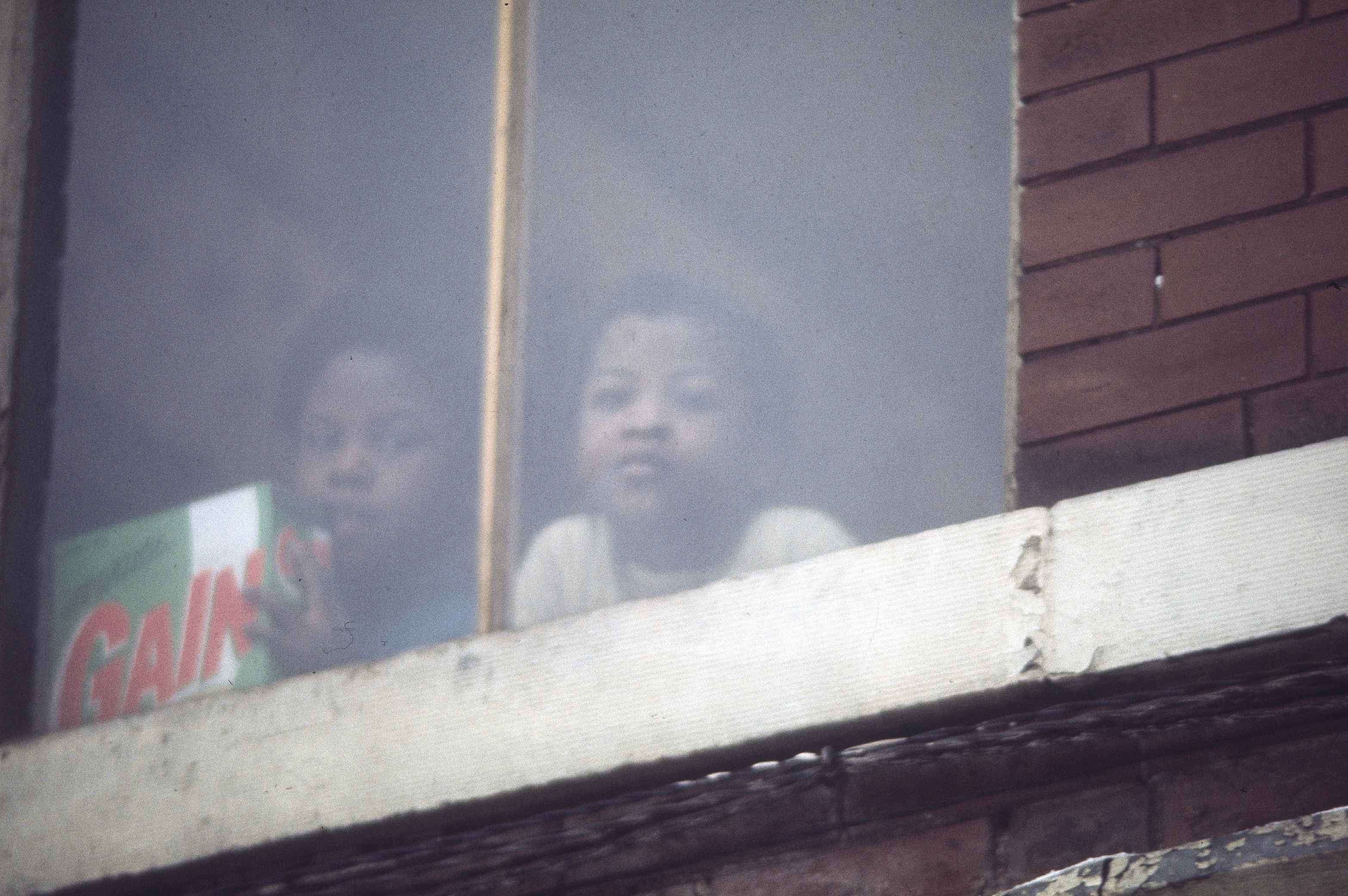My name is Gary Crum and I am a proud resident of the Oliver community in Baltimore. I am also an employee of The Reinvestment Fund Development Partners (TRFDP)—founded by Baltimoreans United in Leadership Development (BUILD) and The Reinvestment Fund (TRF)—which develops land and buildings for affordable housing in East Baltimore.
I have lived in Oliver for the entire 31 years of my life. In the last two years, I have buried more than nine friends and family members—six of them because of gun violence. You can’t tell a grown man not to sell drugs if you don’t have anything else to offer him. I got into trouble early in my life, and I was locked up for drugs. When I got out and got my second chance, I chose a different path. But my friends lived a certain lifestyle—a street life. Where we live, without a job, in order to eat you have to live a street life. This is the reality and you can’t escape it.
After my best friend, Yarndragus, was shot in the middle of the street in broad daylight, I knew I had to make a change.
If those six friends could’ve found good jobs, they would still be alive today. That is why I believe we have to get Baltimore and Maryland working. I have been working with TRF and BUILD for the last two years, and I am grateful. I have seen firsthand how change starts—with meaningful work for the residents of the neighborhoods.
Now, I work with young people who want to work. I take them to job fairs and to apply wherever I see companies hiring—from the new hotels being built down downtown to restaurants to construction sites throughout the city. It’s easy to get 50 young men and women to come with me to apply, but you can see the frustration in their faces when no one in the group gets hired. Our young people want to work, but there’s nowhere for them to go to find a job.
The jobs that TRF and BUILD have created have rebuilt my mixed-income community. The neighborhood I live, work and volunteer in—once drug-stricken—is now vibrant with life, joy and excitement. This past year, I and three co-workers enrolled in school paid for by TRF and BUILD. I passed a real estate class and my co-workers passed an electrician class. I am now an assistant property manager. I also bought my first car this year. I am excited for this job, but I could have also been depressed.
If I didn’t get this job, I would have had to go to a job hub day after day to fill out application after application. I would have had to choose whether or not to go back to school and rack up loan debt with no guarantee of a job on the other end. If I didn’t have a job, I might be out on the streets or in jail or forced to sell drugs. So, I’m standing up for myself and for the young people in my community who want to work. I’m standing with TRF and BUILD who are putting people to work, and I hope our elected officials will stand with us too.
So as the song says: “Ain’t no stopping us now: we’re on the move!”
To succeed, this is what we need: Any shovels going into the ground in Maryland over the next 10 years need to be held by Baltimoreans and Marylanders. Baltimore approved $1 billion in school construction funding, and hundreds of millions of dollars are going into infrastructure improvements in the area. We are asking our elected leaders to invest in residents who want to work, and we are working to get voters to the polls to make sure our leaders know they are accountable to residents.









